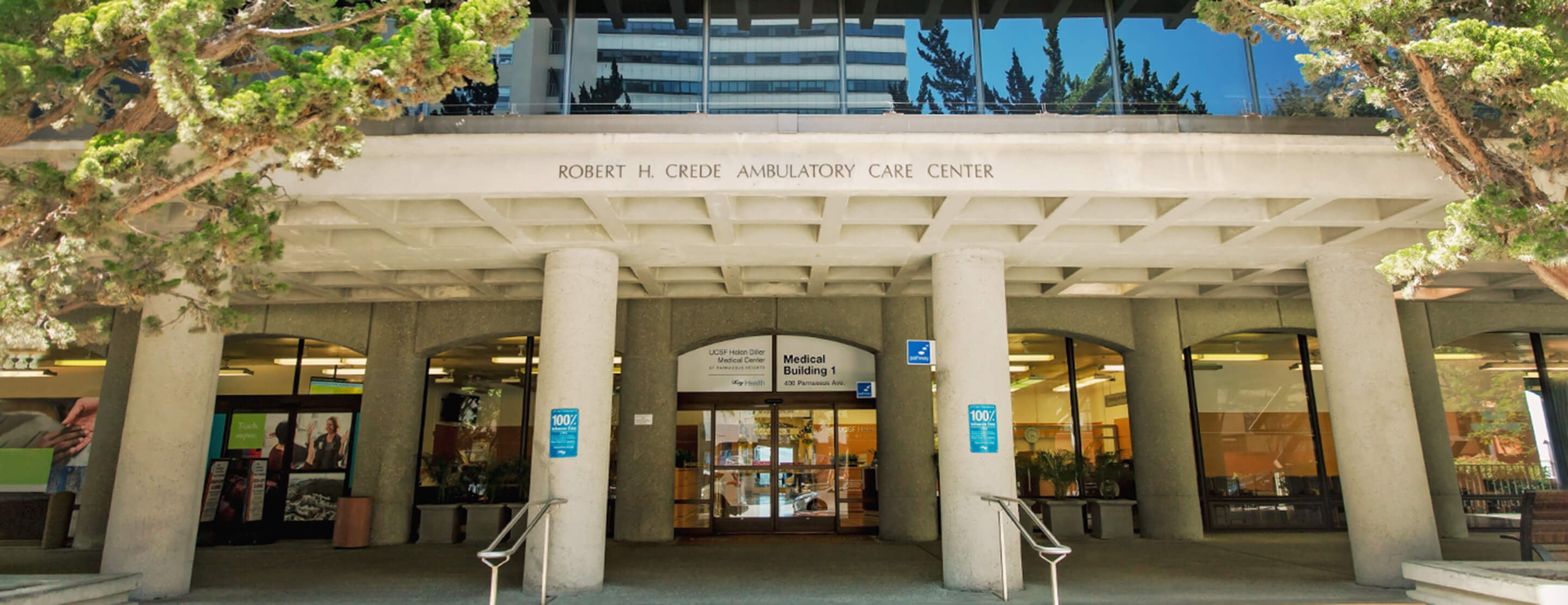
Mechanical Circulatory Support
The UCSF Mechanical Circulatory Support (MCS) Program cares for patients with advanced heart failure using various types of mechanical heart pumps. These pumps – called left ventricular assist devices, or LVADs – can improve quality of life for patients who are awaiting heart transplant, as well as those with no remaining options aside from end-of-life care. They may also be used to allow a failing heart to rest until other treatment options become viable.
Request Appointment
When your heart failure symptoms become overwhelming and medications don't seem to be helping any longer, it is time to discuss other options with your cardiologist. Your doctor will talk to you about mechanical circulatory support therapy and can make a referral to our center to meet with the MCS cardiologist or surgeon. A referral is required to make an appointment with our program.
A referral to a different doctor does not mean that you can no longer be seen by your own cardiologist; he or she will follow up with you after your surgery, if it is determined that LVAD therapy is right for you.
If you haven't already done so, you will need to undergo several tests, which the MCS physicians will review to determine whether you are a good candidate for LVAD therapy. These tests include echocardiogram, heart catheterization and pulmonary function tests. You may need additional testing after you have seen the MCS physicians.
After the team has reviewed all your test results, your MCS physician will contact you to discuss whether LVAD is the best treatment for your heart failure.
Doctor referral required
Our locations
Patient education
Our team
Clinical trials
Clinical Evaluation of the AccuCinch® Ventricular Restoration System in Patients Who Present Wi...
MAE defined as: All-cause death, Myocardial infarction, Stroke, Need for non-elective cardiovascular surgery, Worsening of heart-failure requiring mechanical circulatory support for more than 24 hours Acute kidney injury req...
Recruiting
Endovascular Ablation of the Right Greater Splanchnic Nerve in Subjects Having HFpEF
Change in mean PCWP at 1 month follow up evaluated as a repeated measure at rest, legs up and exercise (20W) as compared to the baseline PCWP evaluation. This reduction will be assessed in all subjects (both treated and control) t...
Recruiting
Awards & recognition
-

Among the top hospitals in the nation
-

One of the nation’s best in cardiology & heart surgery
-

Rated high-performing hospital for heart failure
-

Ventricular assist device (VAD) program certified by the Joint Commission
-

lower rate of hospital readmissions
-

lower rate of most complications
Support services
Plan your visit
What to Bring
- Photo I.D.
- Health insurance card
- Insurance authorization, if required
- Doctor's referral, if required
- Recent test results related to your condition
- List of your medications, including dosages, plus any you're allergic to
- List of questions you may have
- Device or paper for taking notes
Related clinics
Our research initiatives
-

UCSF Heart Failure and Pulmonary Hypertension Research
The UCSF Division of Cardiology conducts research aimed at improving the understanding and treatment of pulmonary hypertension and heart failure.


























